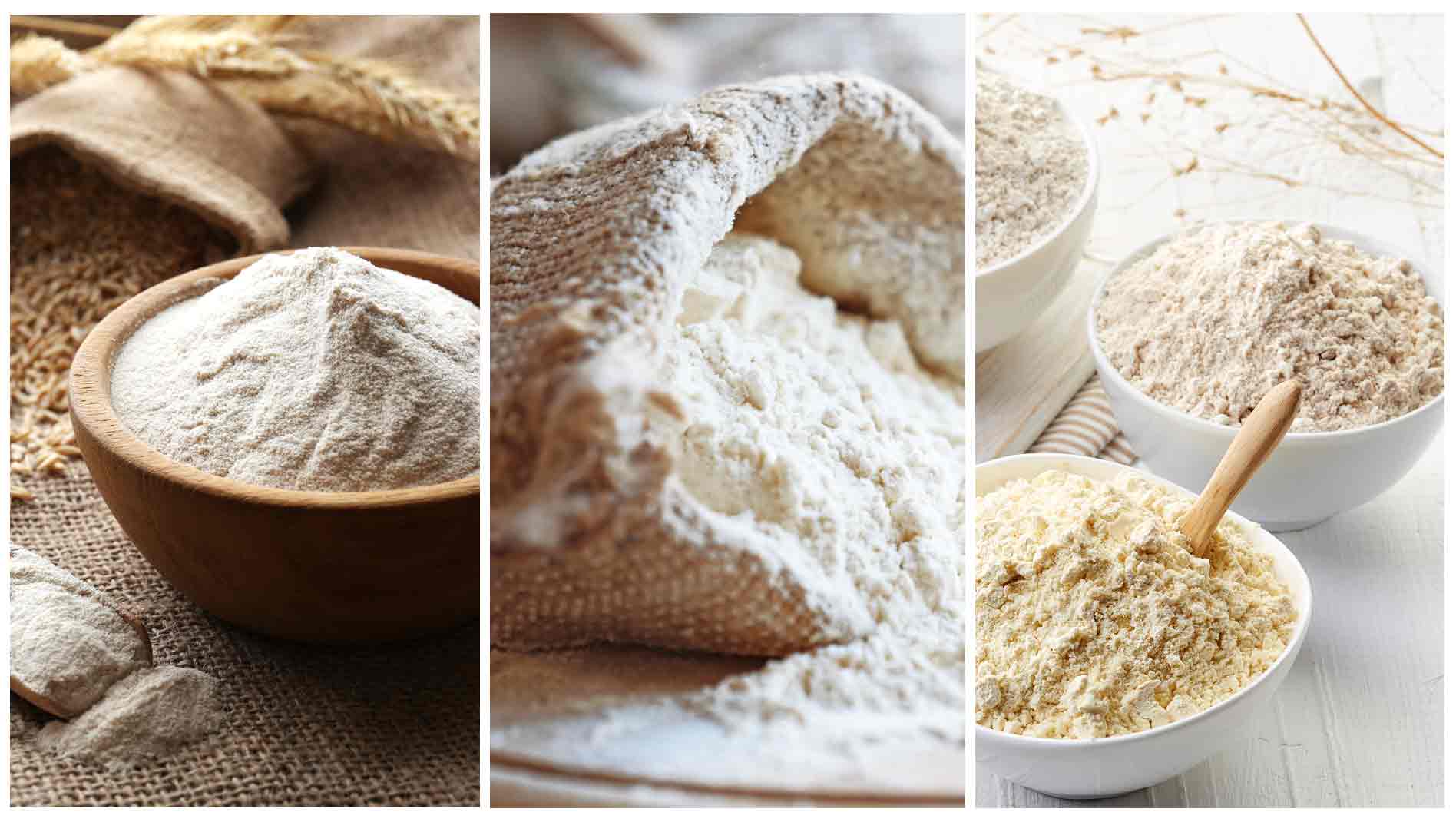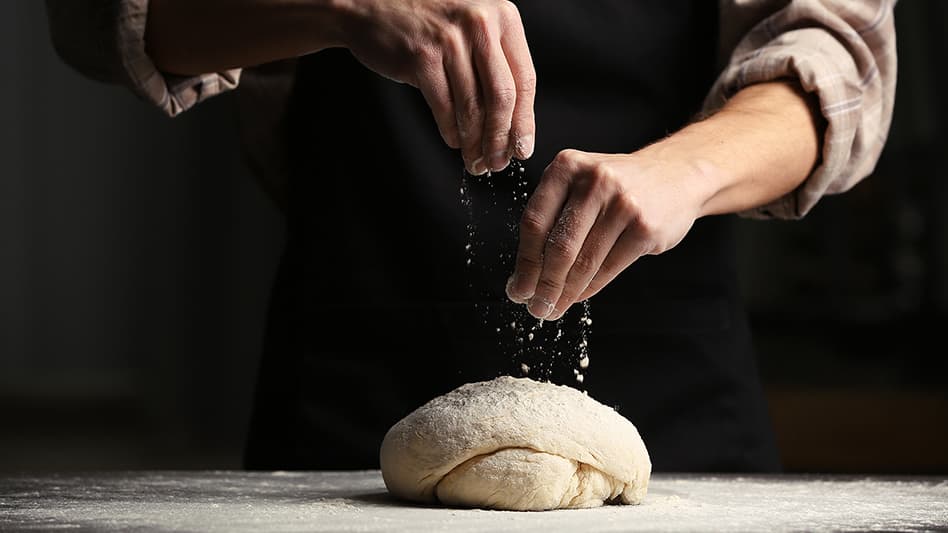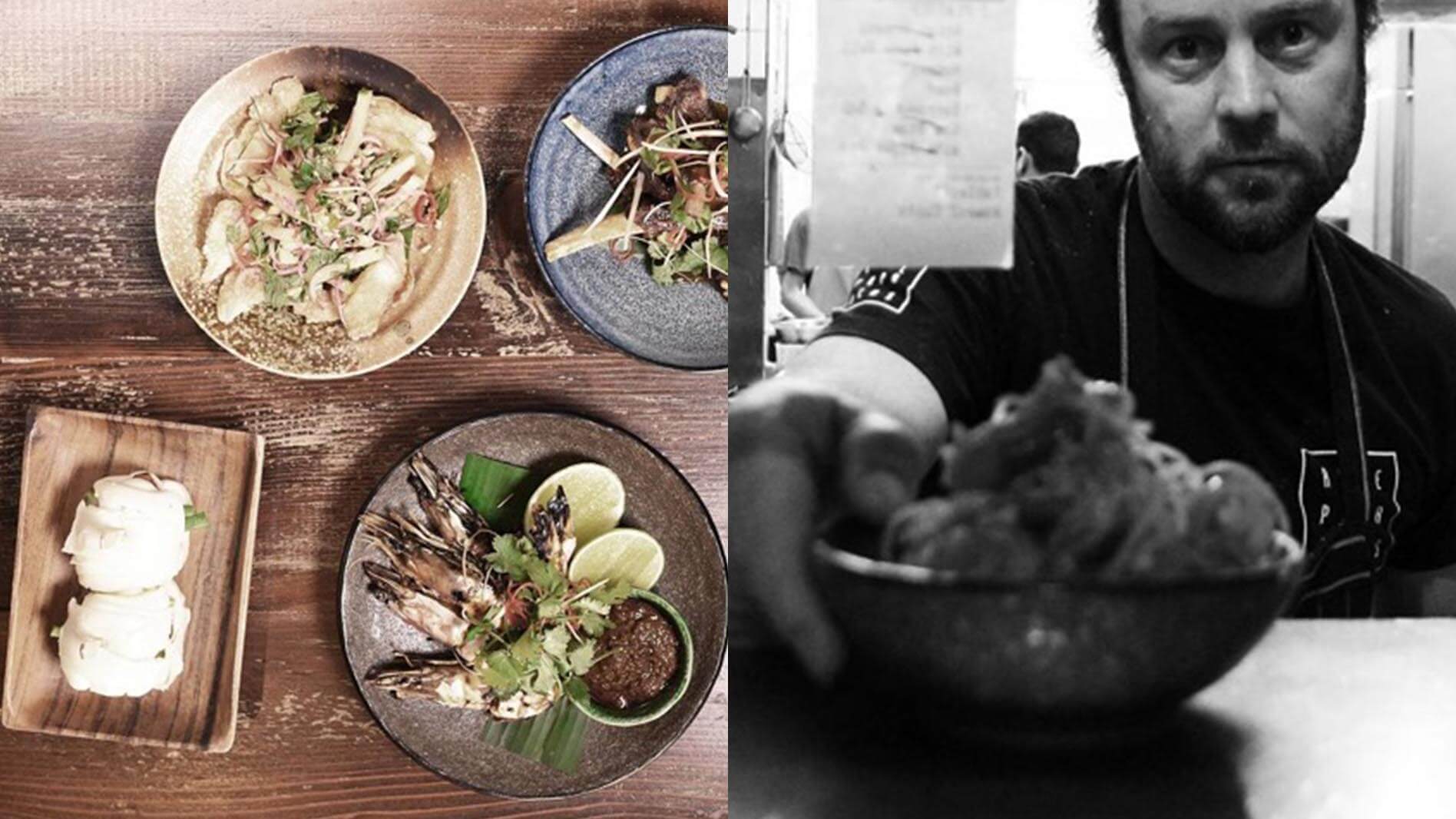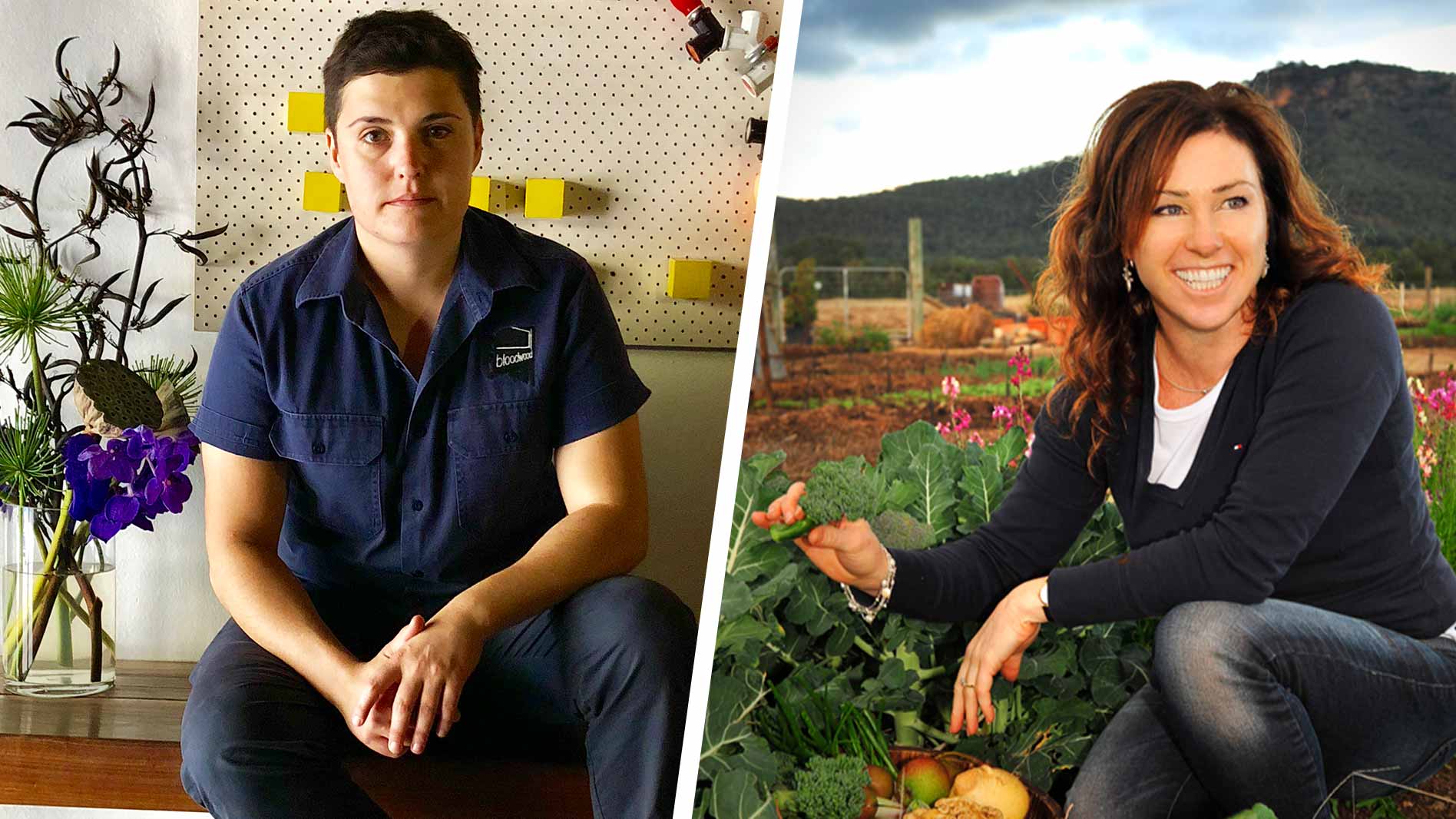Be inspired with recipes created by chefs.
Sign up for updates about products, special offers, news and promotional materials from Goodman Fielder.

Summary
We talk to chefs from three of Sydney’s most luxurious five star hotels about the flour that drives their kitchens.
Flour is a staple ingredient in kitchens the world over. But with the rise of allergies and intolerances, along with a greater consciousness of the health effects of refined carbohydrates, chefs are looking for alternatives to regular wheat flours. With so many options beyond just plain and self raising flours, what gets the vote from Sydney’s five-star chefs and their guests?
Plain vs self raising flour:
Executive Chef Dave Whitting heads up the kitchens of The Langham Sydney’s two upscale restaurants, Palm Court and Bistro Remy. The hotel is well-known for its exquisite sweets, served as part of a dedicated afternoon tea service, and there’s a place for both plain and self raising flours at the table.
“Plain flour is the most common ingredient used in our house-made pastry items; some include puff pastry, sponge bases, crumbs and choux pastries,” said Executive Chef Whitting. “Self-raising flour is used in our scone recipe for the famous Langham High Tea.
The trick is using the correct amount of flour, oven temperature and humidity so that you cannot taste the bitterness caused by too much of the self-raising flour, but the scone has a good rise in the oven and is not too dense.” In a pickle with labelling your ingredients? “To tell the difference between plain flour and self-raising flour, mix it with water to taste. It will have a slight fizz to it and a slight saltiness,” said Executive Chef Whitting.
In the heart of Martin Place, Head Chef Fulvio Lancione, runs Mosaic Restaurant, the signature eatery of The Westin Sydney. He said self raising flour is rarely used in his kitchen, aside from the occasional dessert, but plain flour gets a workout. “It’s an all purpose flour and we use it for a majority of the menu, from pasta to bread,” Head Chef Lancione said. Chef Shlomo Palensya, Pastry Chef at Park Hyatt Sydney, said you won’t find self raising flour in the hotel’s kitchen either.
“We don’t use self-raising flour,” Chef Palensya said. “We use plain flour and add our own amounts of raising agent. The flour we use for desserts are low protein, therefore softer flours. For bread loaves and artisan bread, we use high protein flour; it is stronger, makes a better crust and gives more volume.”
Chef’s pick:
Head Chef Lancione said he likes to use a gluten-free plain flour in his kitchen. “I prefer buckwheat flour due to the raw texture and nutritional value,” he said. “We use buckwheat flour when we make tempura-battered fontina cheese. It makes a delicious entrée with wonderful a combination of melted cheese and textured batter.”
Unsurprisingly, Executive Chef Whitting also said his favourite flour isn’t wheat-based. “[I like] rye flour, due to its earthy/malty characteristics,” Executive Chef Whitting said. “It has a tangy flavour, perfect for a good sourdough and is a beautiful compliment to a cheese board. Rye flour has a lower gluten content than wheat flour.”
Adapting to diners’ needs:
The chefs agree that they’re seeing an increase in diners looking for dishes that use alternative flours or no flour at all. “It is more common for diners to request ‘gluten free’ so we offer many options within our menu such as the popular mushroom risotto, that do not include flour or perhaps alternate flour such as rice or corn flour,” said Head Chef Lancione.
“At Westin, we focus on our guest well-being so we cater for all dietary requirements including gluten free. The entire menu encompasses nutrient-rich ‘super foods’, allowing our guests to make better choices more easily.” Executive Chef Whitting said welcoming guests from all over the world means catering to a range of dietary needs “I use organic chestnut flour in my pasta dishes as a gluten free option, I like the toasted caramel/nutty/sweet flavour.
“We tend to use a good amount of almond meal to cater for the [gluten-free adaptation of] sweet items,” he said. Chef Palensya said guests at the Park Hyatt could be sure they would always have access to gluten-free meal options because of the way the menu is planned. “Many of our desserts are or can be gluten free,” said Chef Palensya. “The breakfast buffet always includes at least two gluten free options on a station. There is an awareness that flour and gluten can cause allergies and intolerances and people want to look after their health but still enjoy the food.”
Related Ideas
25th March 2023
A Chef’s Guide to Gluten Free Baking
Want to know how to turn your bakery goods into a gluten free delight? Check out our gluten free baking guide now.
25th March 2023
The Importance of Mentorships in Hospitality
The hospitality industry is changing at a pace we have never seen before. To make these challenging times slightly easier, a greater emphasis needs to be placed on mentoring and training the younger generation of chefs to ensure the future of hospitality is stronger than ever before.
21st March 2023
How Chefs can Deal with Dietary Requirements in their Kitchen
One of the key issues that many chefs face in dealing with dietary requirements in the kitchen is that it changes the nature of their dish. We spoke to some experts on how they deal with dietary requirements in their kitchens.






